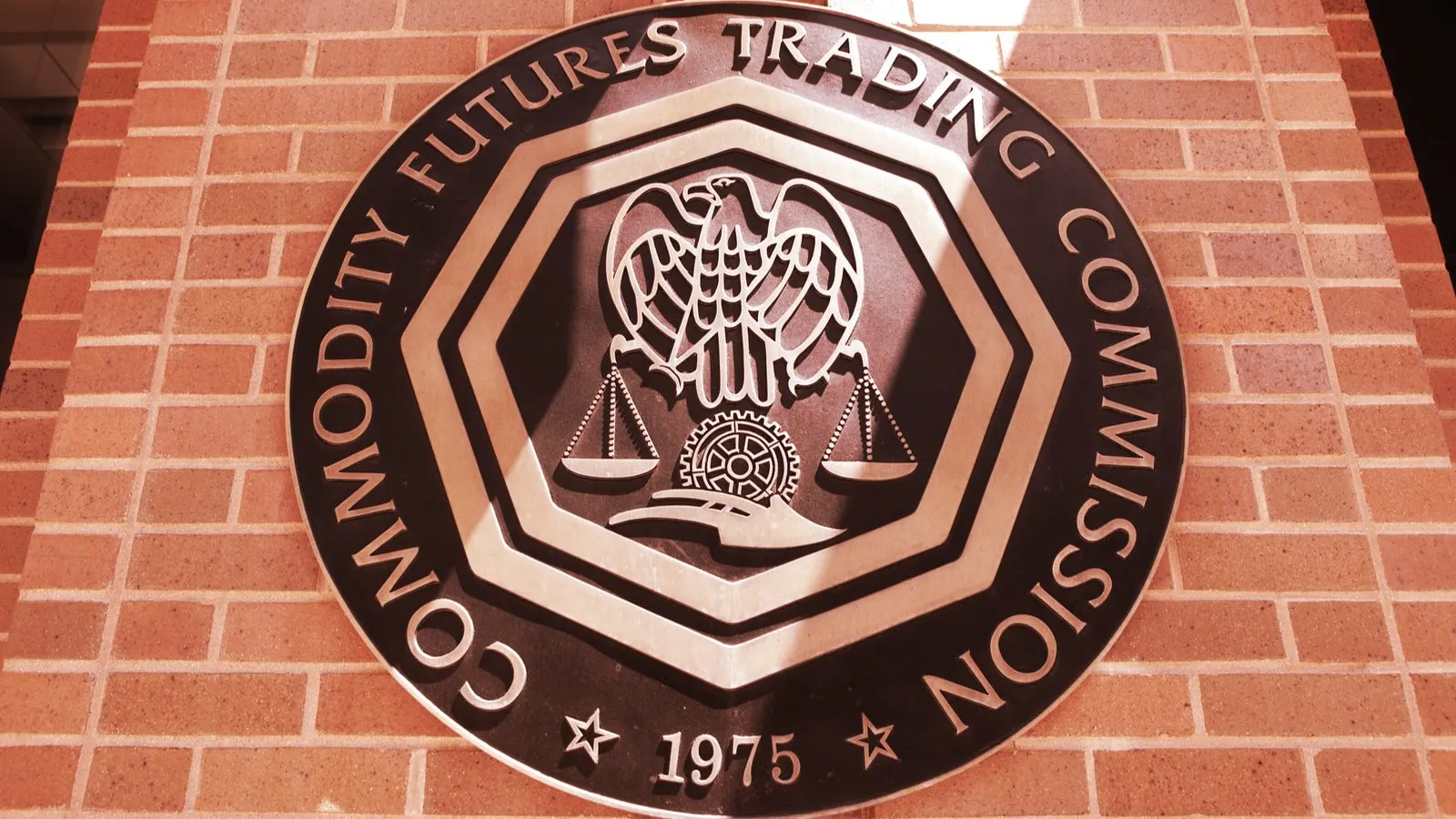The Commodities Futures Trading Commission withdrew a letter granting PredictIt permission to operate its not-for-profit online marketplace, where users can weigh in on potential outcomes of elections and financial events with money.
The platform, established by the Victoria University of Wellington in New Zealand, was created for research and educational purposes, examining how markets can forecast real-world events. It had requested it be exempt from legal action at the hands of the CFTC and was granted a no-action letter from the agency in 2014.
In revoking the letter, the CFTC said the university had not operated its marketplace in compliance with the terms it had established with PredictIt in 2014, without stating which rules it failed to uphold. The letter demanded the site shut down its marketplace and stop offering contracts to customers by the end of February 15.
Users are able to bet on events, such as 2024 nominations for president and whether marijuana becomes federally rescheduled this year, using bank deposits or a credit card, but PredictIt also accepts cryptocurrency deposits in the form of USD Coin. People buy shares in an event’s outcome, which can later be sold or redeemed, with them changing in price depending on how others bet and the event’s outcome.
PredictIt responded to the CFTC in a statement, claiming that it’s operating markets within the agreed-to rules. The platform also said, in light of the agency’s decision, it will not be creating new events for users to bet on, but it will continue to accept deposits and facilitate withdrawals. It also emphasized: “The security of trader funds will not be affected by [the CFTC’s] action.”
PredictIt does not yet know how it will settle markets that have an end date past the February 15 deadline to shutter operations, but it plans on operating up until that point. Its website states the marketplace offers members of the academic community PredictIt’s data for free, and it has had its odds referenced in numerous publications including Vox, MarketWatch, and The New York Times.
Other betting services have made forays into letting users capitalize on the outcomes of real-world events, including Polymarket, which was fined $1.4 million in January for failing to register its services with the CFTC. The agency told Polymarket it had to cease offering the services unless it registered.

